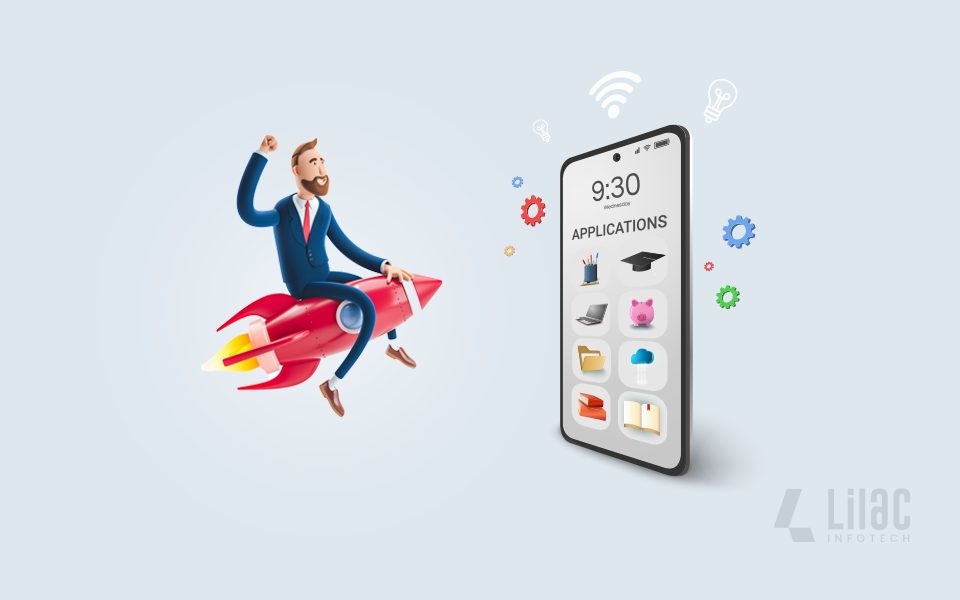Platforms like Uber Eats, DoorDash, and Zomato have revolutionized how customers buy meals, causing the food delivery sector to grow rapidly in recent years. As consumer demand keeps rising, companies are keen to get into this lucrative industry. One of the first choices that entrepreneurs must make, though, is whether to invest in a custom-built food delivery system or use white-label software.
Both strategies have special advantages and disadvantages. Your business goal, timeframe, scalability requirements, and money all play a role in selecting the best alternative. To help you decide which of the nine key differences between custom-built and white-label food delivery apps is best for your business, we’ll break them down in this blog article to guide you when you plan to build a delivery app.
1. Development Time
- White-Label App: Ready-to-deploy solutions that can be launched within a few weeks. Ideal for businesses wanting a quick entry to the market.
- Custom-Built App: Requires months of development, from UI/UX design to backend coding. Perfect if you’re aiming for a unique, feature-rich app.
2. Cost of Development
- White-Label App: More affordable since the core product is pre-built and only requires minor branding customization.
- Custom-Built App: Higher cost because the app is developed from scratch to match your business model and unique requirements.
3. Brand Customization
- White-Label App: Offers limited customization—logos, colors, and some design elements. However, the core features remain the same as those of other businesses using the same platform.
- Custom-Built App: 100% customizable, from design and features to user journeys, giving your brand complete control over customer experience.
4. Unique Features
- White-Label App: Comes with standard features like order placement, payments, and delivery tracking. Advanced or niche features are usually not included.
- Custom-Built App: Tailored with exclusive features such as AI-driven recommendations, loyalty programs, or integration with third-party services.
5. Scalability
- White-Label App: Limited scalability. Adding advanced features or handling high user volumes may require significant modifications.
- Custom-Built App: Designed for scalability. As your business grows, you can easily add new features, expand to new markets, and scale infrastructure.
6. Ownership & Control
- White-Label App: You don’t fully own the source code. Instead, you license the product from a vendor, limiting long-term control.
- Custom-Built App: Complete ownership of the app and its intellectual property, offering long-term freedom and flexibility.
7. Security & Compliance
- White-Label App: May not provide advanced security features or industry-specific compliance unless offered by the vendor.
- Custom-Built App: Built with strong security protocols and compliance standards (like GDPR, HIPAA, PCI DSS), making it safer for sensitive data.
8. Maintenance & Updates
- White-Label App: The vendor handles maintenance and updates, but you depend on their schedule and priorities.
- Custom-Built App: Updates and improvements are in your control, but they require ongoing investment in development and maintenance.
9. Long-Term Business Goals
- White-Label App: Best suited for startups or small businesses testing the waters in the food delivery space.
- Custom-Built App: The go-to choice for businesses with long-term growth plans, aiming to compete with big players and create a unique market presence.
Which One Should You Choose?
- Choose a White-Label Food Delivery App if:
- You want to launch quickly.
- You’re on a tight budget.
- You’re testing the market before committing to a full-scale product.
- Choose a Custom-Built Food Delivery App if:
- You want complete control and ownership.
- You’re building for long-term scalability.
- You aim to stand out with unique features and experiences.
Final Thoughts
The choice between custom-built or white-label food delivery applications comes down to your vision, timeline, and price. While a custom-built app is best suited for organizations looking to innovate, scale, and eventually dominate the food delivery market, a white-label solution is best for enterprises looking for a quick and inexpensive launch.





